Adina Tudor, Customer Sustainability Partnerships Manager, Coca-Cola HBC Romania, said that "if we've managed to achieve the goals that we've set, we go forwards with the plan, if we don't reach our objectives, however, we adjust these goals depending on the factors that caused us to miss our targets."
Since water is one of the base resources that Coca-Cola HBC Romania uses for its production, it is important that the company monitors water consumption.
One of the indicators that the company uses water efficiently is the amount of the resource used per liter of produced drinking products.
Water recycling is also important for Coca-Cola HBC Romania, which is why the company tries to recycle and treat the water that can be reintegrated in the production processes.
By optimizing water usage and recycling the resource, the company was able to reduce water use per liter of drinking product by 6% between 2017 and 2021.
Also, Adina Tudor claims that Coca-Cola HBC is the only beverage producer in Romania that has its production points certified by the Alliance for Water Stewardship.
Strategies for a more sustainable future
The company was also able to completely eliminate production-related emissions by using only clean power sources when it comes to its operations.
Although this goal was supposed to be hit in 2025, the accelerated efforts meant that it was achieved two years ago, in 2019.
Coca-Cola HBC Romania has a bold strategy when it comes to recycling bottles and cans, which means that by 2030, for each bottle or can of beverage that the company sells, it should recycle an equal amount of materials.
Adina says that there are three pillars that keep this strategy up, those being design, collecting and partnerships.
The packaging that the company uses is 100% recyclable and the partnerships that Coca-Cola HBC has with retailers, authorities and the wide public, among others, helps with sourcing these materials.
"We can't expect consumers, ourselves included, to adopt a different lifestyle and behavior, unless we understand the reasoning behind the purpose and if we aren't offered the necessary infrastructure", Adina Tudor added.
 Mihai - Cristian Ioniță
Mihai - Cristian Ioniță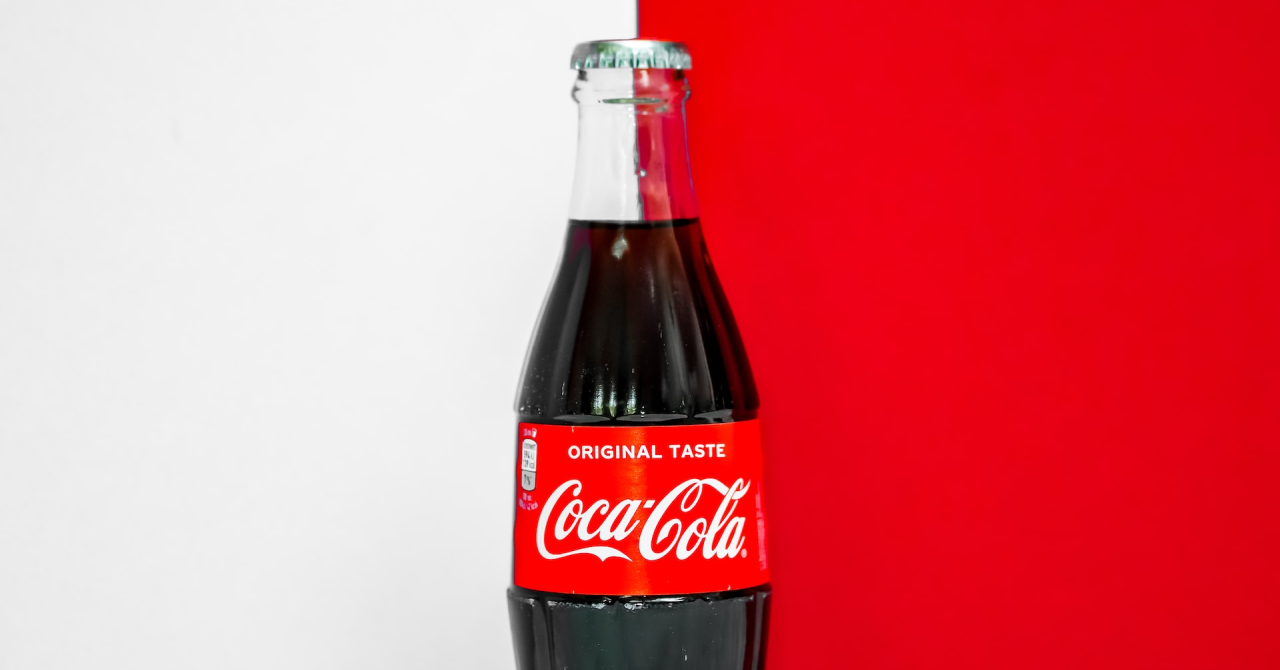






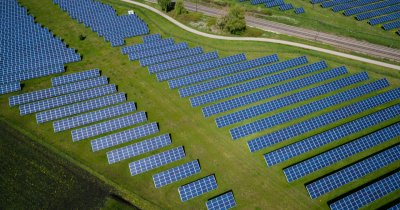
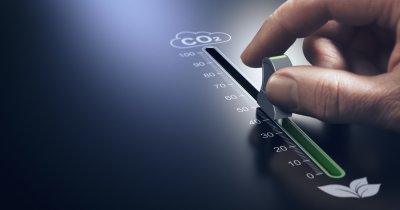

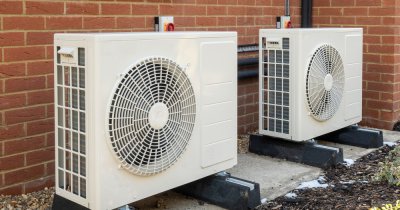
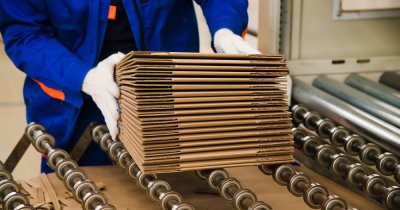
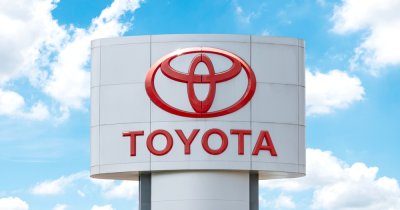
Any thoughts?